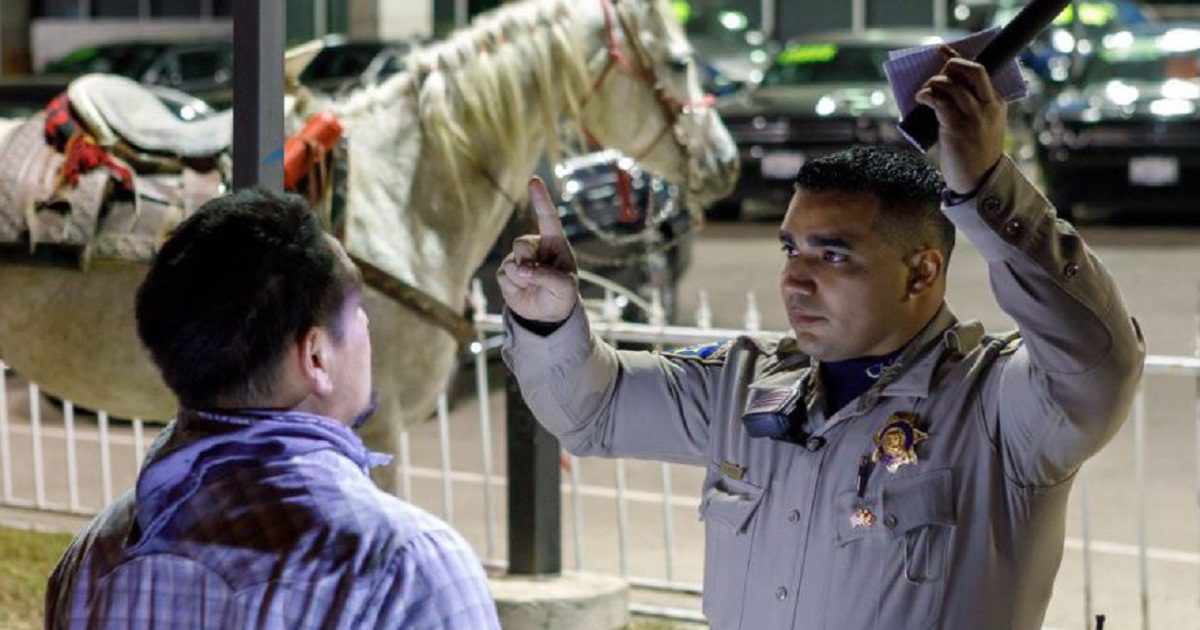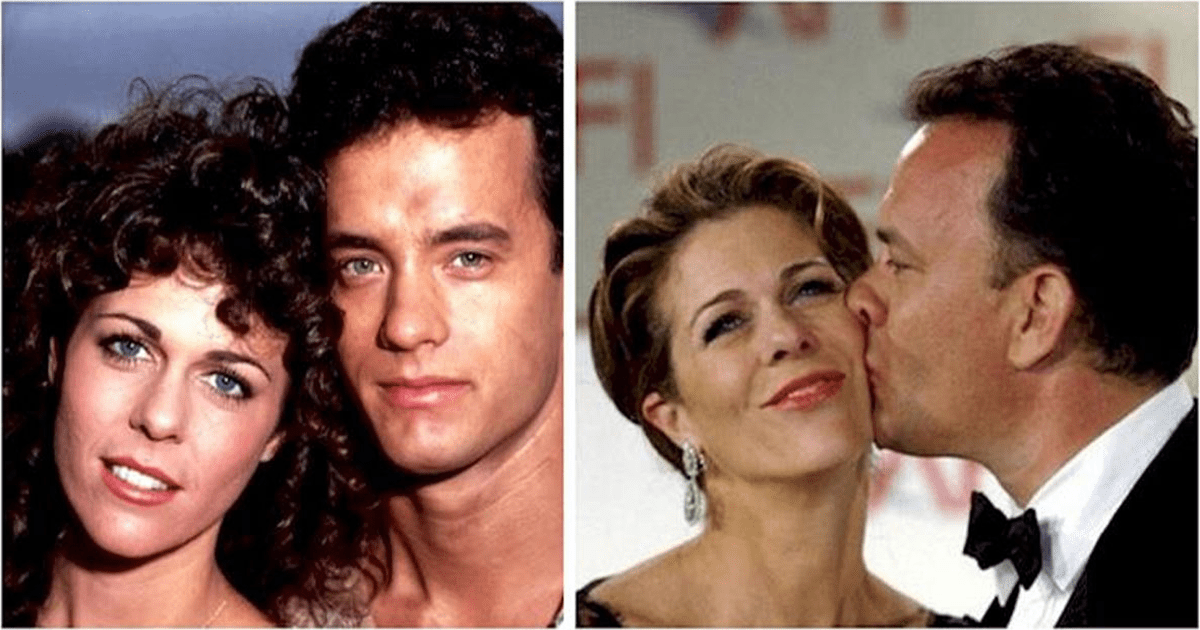I was sitting on a fire truck during a festival in New Albany, Indiana. The step on the fire truck was the only place I could find to sit to eat my delicious pulled-pork BBQ sandwich in peace. I was barely situated when this lady approached me in her wheelchair and asked me If I knew her brother, who had been a firefighter in New Albany. Quickly, a polite, young woman came over and started to wheel her away from me, while simultaneously apologizing, stating that this lady had severe dementia and was on an outing from a local nursing home to the festival. She wheeled her back to the group on the other side of the street. It all happened pretty quickly.
As I continued to eat my sandwich, I noticed that the lady, now across the crowded street in her wheelchair with the group from the nursing home, had her eyes directly on me. I kept eating my sandwich and kept looking at her. I couldn’t help but think about my father, who at that very time was suffering from dementia, much like this lady, only not as severely as she was. Just as I finished my sandwich, I saw the lady quickly make her escape from the group once again, wheeling herself directly to me. When she arrived, she asked me the same question again, “did you know my brother, who was a firefighter in New Albany?” Just like before, the polite, young lady came scurrying across the street, once again apologizing and reaching for the wheelchair. Quickly again the lady asked me, almost desperately, If I knew her brother. Before she could be wheeled away, I nodded and smiled at the young chaperone and told her it was okay; I would be glad to talk to the lady in the wheelchair.
As we started to talk, I took my camera from around my neck and held it in my hands. She said, “that’s a camera – do you want to take my picture?” I smiled and said, “of course.” she instantly became shy, like an embarrassed young girl. Just as quickly, she frowned and said: “no one would want to see my picture.” I smiled and said, “yes they will – now let me take your picture and then let’s talk about your brother.” The photograph you see was her reaction. As I brought the camera to my waist, I asked her to tell me about her brother. For a moment she was flabbergasted at the question – I suspect she had conditioned herself to believe no one cared about what she had to say – which is what happens to many dementia patients based on my observations and interactions with many dementia patients that lived in the same nursing home with my father. Amazingly, as she started to tell me about her brother, the longer I listened, the more confident she became and the more she remembered. I tried to ask her questions that would trigger her to remember more about him, and she talked until she was nearly spent.
As the chaperone came to wheel her away and loaded the group back on the bus, tears welled up in her eyes, and in mine too. I had tried to honor her in the same way I wanted people to honor my father, despite his dementia. As she was being wheeled away, she strained to look back at me. I stood and waved just as they got ready to load her on the bus. Just before she lost sight of me, she called out in a loud voice so that I could hear, “did you know my brother, he was a firefighter in New Albany?” And then she was gone.
Dementia can steal the mind, but it can’t steal the heart or the soul. I learned that with my father. There was a lot that he couldn’t understand, but when I said “I love you, Dad,” he never failed to respond, “I love you too, son.” I will always have time for a dementia patient because I know that while the mind may not be there, the heart and soul will be – and I’ve learned how important it is to reach out and touch that heart and that soul.
If you know someone who might like this, please click “Share!


